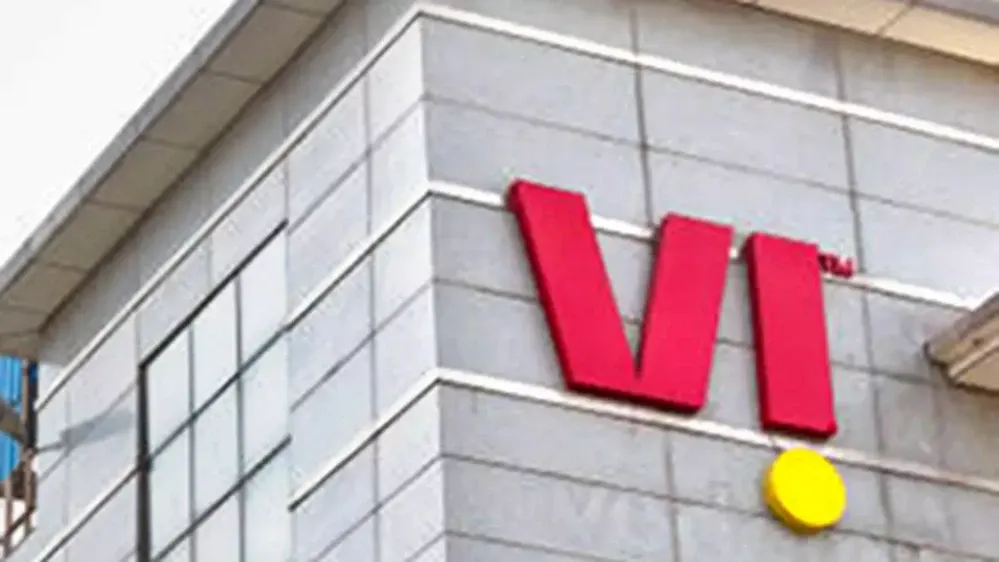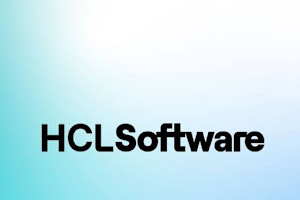
This funding is crucial for the telecom company's revival and is expected to help in repaying vendors, strengthening its 4G network, and funding the launch of 5G services. The capital infusion is expected to have a significant impact on Vodafone Idea's services.
The funds will help the company pay off its dues, which could improve its financial health and creditworthiness. It will enable Vodafone Idea to expand and improve its 4G network, which is crucial for retaining existing customers and attracting new ones.
Notably, very recently it is being reported that Vi is renewing its technology outsourcing agreement with IBM. The deal is estimated to be around $1 billion and is part of Vi's strategy to strengthen its IT infrastructure as it prepares to roll out 5G services in India's top 100 cities across its 17 priority markets
Part of the capital is likely to be allocated for the rollout of 5G services, allowing the company to compete with other operators who are already advancing in this area.
In addition, the infusion of funds should help Vi in making meaningful EBITDA (earnings before interest, taxes, depreciation, and amortization), which is important for the company's operational sustainability.
However, challenges remain, such as debt servicing and government payouts, which the company needs to manage effectively. The overall goal is to ensure survival and prevent a duopoly in the telecom sector.
Vodafone Idea Limited, known as Vi, was created on 31 August 2018 by the merger of Vodafone India and Idea Cellular. Before the merger, Vodafone Group held a 45.2% stake in the combined entity, and the Aditya Birla Group held 26%. The remaining shares were held by the public.
After the merger, the company rebranded as Vi in 2020. Prior to its merger with Vodafone India, Idea Cellular was a subsidiary of the Aditya Birla Group, which became a joint venture with AT&T Corporation and later with the Tata Group before they exited the venture.















 IndianWeb2.com is an independent digital media platform for business, entrepreneurship, science, technology, startups, gadgets and climate change news & reviews.
IndianWeb2.com is an independent digital media platform for business, entrepreneurship, science, technology, startups, gadgets and climate change news & reviews.



